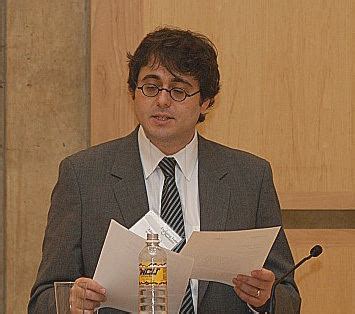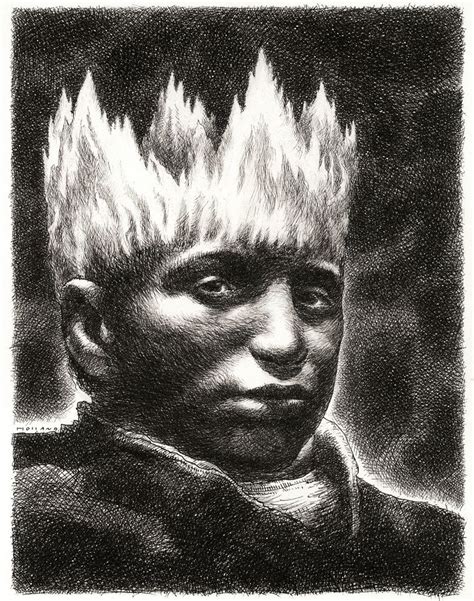A Quote by Adam Kirsch
Once a poet calls his myth a myth, he prevents the reader from treating it as a reality; we use the word "myth" only for stories we ourselves cannot believe.
Related Quotes
I always have difficulty with the Greek tragic plays. I think the difficulty one has - which is a serious problem - is the question of belief. Do you believe in the myth that the play expresses? Do you believe in it as myth or as reality? With any play, you have to believe in it as reality. You can't act a myth.
Myth is a tale once believed as truth; believed, it is not myth, but religion. A tale once religiously believed that has come to be called a myth is something of religion corrupted with disbelief. What are beliefs for some societies but myths for others cannot fill spiritual vacancies in the life of those others.
Dream is personalized myth, myth is depersonalized dream; both myth and dream are symbolic in the same general way of the dynamics of the psyche. But in the dream the forms are quirked by the peculiar troubles of the dreamer, whereas in myth the problem and solutions shown are directly valid for all mankind.
But the myth of power is, of course, a very powerful myth, and probably most people in this world more or less believe in it. It is a myth, which, if everybody believes in it, becomes to that extent self-validating. But it is still epistemological lunacy and leads inevitably to various sorts of disaster.
But myth is something else than an explanation of the world, of history, and of destiny. Myth expresses in terms of the world - that is, of the other world or the second world - the understanding that man has of himself in relation to the foundation and the limit of his existence. Hence to demythologize is to interpret myth, that is, to relate the objective representations of the myth to the self-understanding which is both shown and concealed in it.







































